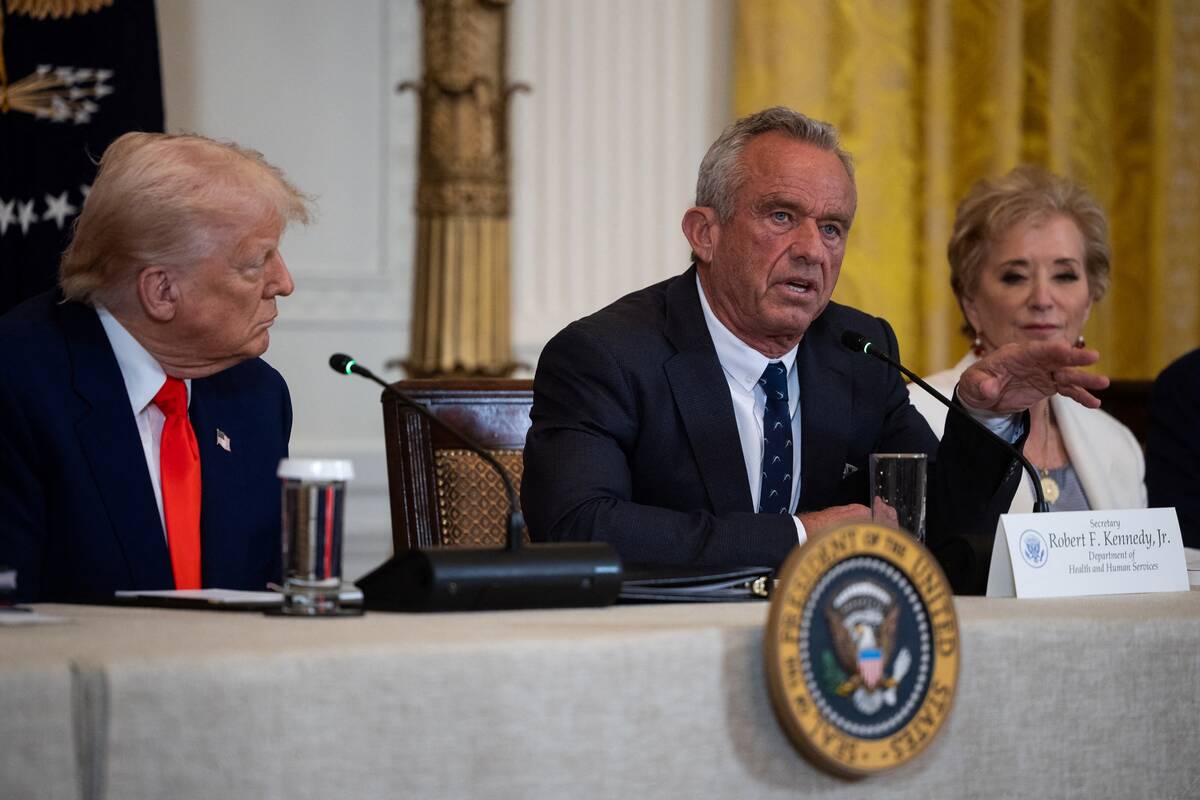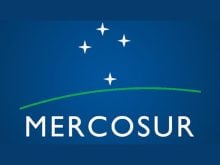BRUSSELS, Belgium — The head of Europe’s food safety watchdog has written to a group of senior scientists, strongly rejecting their criticisms in a row about the safety of glyphosate.
The European Food Safety Authority, which advises European Union policymakers, issued an opinion in November that glyphosate is unlikely to cause cancer.
It was at odds with a view from the World Health Organization’s International Agency for Research on Cancer, sparked outrage among environmental campaigners and divided the scientific community.
The IARC said in March that glyphosate is “probably carcinogenic to humans,” while environmental groups have been calling for a ban on glyphosate.
Read Also

Draft ‘MAHA’ commission report avoids pesticide crackdown feared by farm groups
The White House will not impose new guardrails on the farm industry’s use of pesticides as part of a strategy to address children’s health outcomes, according to a draft obtained by Reuters of a widely anticipated report from President Donald Trump’s ‘Make America Healthy Again’ commission.
Ninety-six academics from around the world signed an open letter to European health commissioner Vytenis Andriukaitis, dated Nov. 27, urging EU authorities to ignore the European watchdog’s opinion.
“We urge you and the European Commission to disregard the flawed EFSA finding on glyphosate in your formulation of glyphosate health and environmental policy for Europe,” the letter said.
It was written by Christopher Portiere from the Environmental Defense Fund, a U.S.-based non-governmental organization. Portier was also a specialist consulted during the IARC’s research on glyphosate.
The letter called for “a transparent, open and credible review of the scientific literature.”
EFSA’s opinion could lead the 28-member European Union to renew approval for the herbicide.
In a reply to Portier dated Jan. 13, EFSA executive director Bernhard Url described glyphosate as “a keenly debated issue.”
“I strongly disagree with your contention that EFSA has not applied open and objective criteria to its assessment,” Url wrote in the letter.
Url said representatives of EFSA and IARC would meet early this year to clarify differences of view between the two bodies and that the IARC evaluations “represent a first step.”
EU sources said the meeting would probably take place in Brussels in mid-February.
EFSA, based in Parma, Italy, also noted its reply was to Portier and the scientists who signed the letter and not IARC.
“We should not compare this first screening assessment with the more comprehensive hazard assessment done by authorities such as EFSA, which are designed to support the regulatory process for pesticides in close co-operation with member states in the EU,” Url said.














